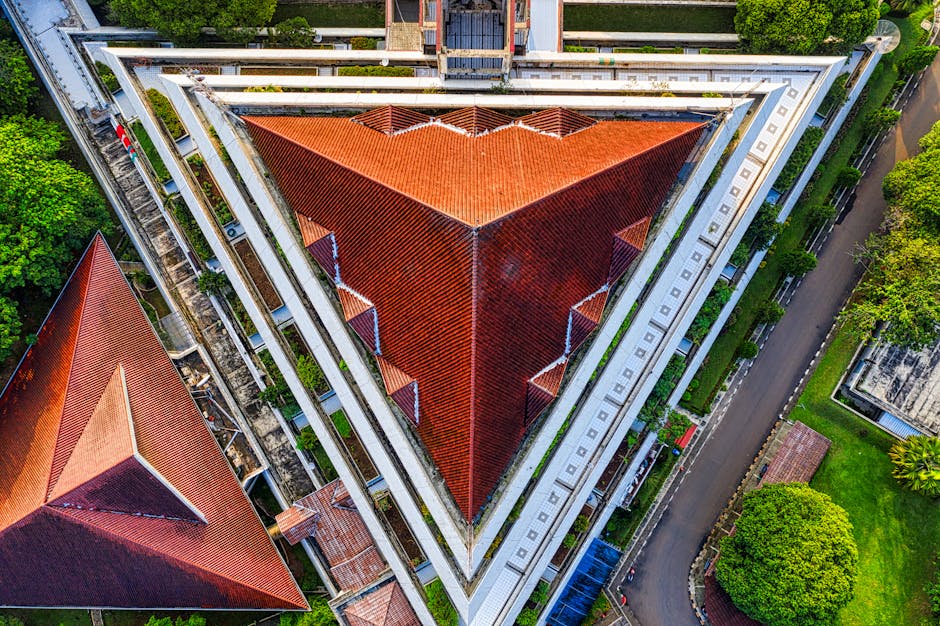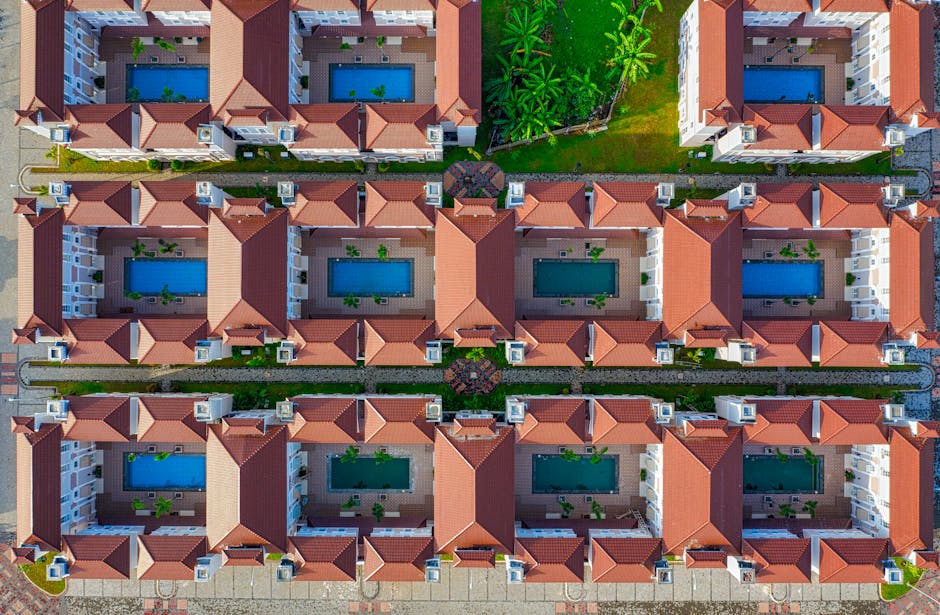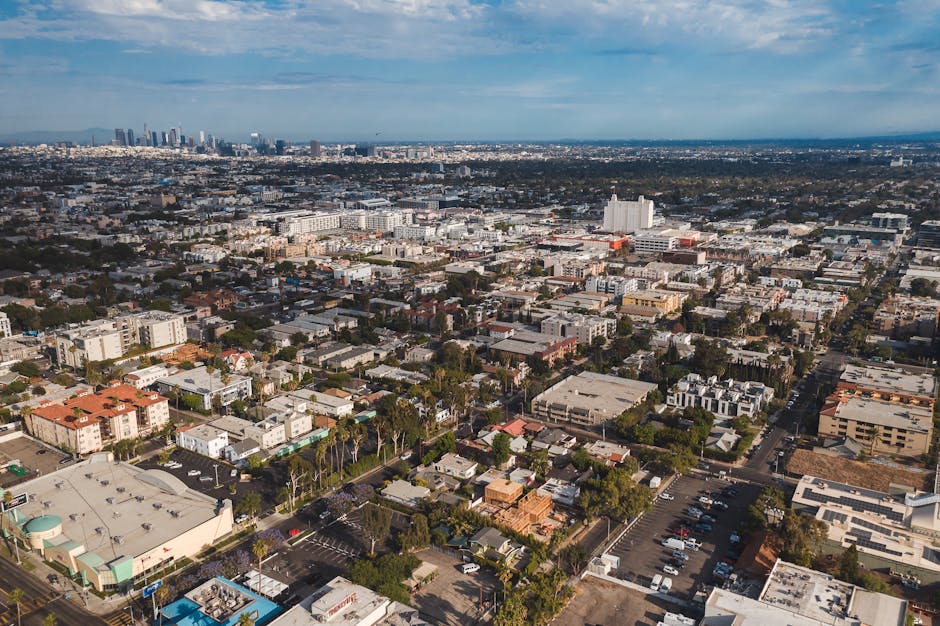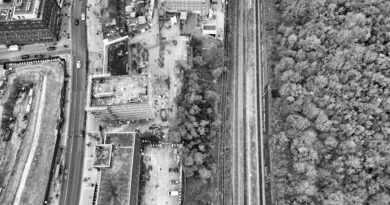Decoding the Legalities of Drone Use in Real Estate
In recent years, drones have revolutionized various industries, offering new possibilities and perspectives that were once unimaginable. One such field that has embraced the use of drones is real estate. From capturing breathtaking aerial shots of properties to conducting property inspections with precision, drones have become indispensable tools for real estate professionals. However, with this technological advancement comes a myriad of legal considerations and regulations that need to be navigated carefully. In this comprehensive guide, we delve into the legalities of drone use in the real estate industry, exploring the nuances, challenges, and opportunities that come with integrating drones into property photography, marketing, and inspections.
The Evolution of Drones in Real Estate

The use of drones in real estate has transformed the way properties are marketed and evaluated. In the past, real estate agents relied on traditional methods such as ground photography and manned aerial photography to showcase properties. However, drones have opened up a world of possibilities, allowing for stunning aerial footage and imagery that can capture the true essence of a property. With drones, agents can now create captivating virtual tours, aerial videos, and high-resolution images that give potential buyers a bird’s eye view of the property.
Moreover, drones have proven to be invaluable tools for conducting property inspections. Instead of manually inspecting hard-to-reach areas of a property, drones equipped with cameras can provide detailed visual assessments, identifying potential issues such as roof damage, structural defects, or drainage problems. This not only saves time and resources but also enhances the accuracy and efficiency of property inspections.
Regulatory Landscape for Drones in Real Estate

While drones offer numerous benefits to the real estate industry, their use is not without its legal and regulatory challenges. The Federal Aviation Administration (FAA) is the primary regulatory body governing the use of drones in the United States. According to the FAA, any commercial use of drones, including in the real estate sector, requires a Part 107 remote pilot certificate. This certification ensures that drone operators are trained and knowledgeable about airspace regulations, safety protocols, and operational procedures.
In addition to obtaining a remote pilot certificate, drone operators must adhere to specific guidelines set by the FAA, such as maintaining a line of sight with the drone, flying below 400 feet above ground level, and avoiding restricted airspace. Failure to comply with these regulations can result in fines, penalties, or even legal action. It is essential for real estate professionals to stay informed about the latest FAA regulations and guidelines to ensure compliance and prevent any legal issues that may arise from drone usage.
Privacy and Data Security Concerns

One of the major legal considerations surrounding drone use in real estate is privacy and data security. Drones equipped with cameras have the ability to capture images and videos of properties, including private residences, without the consent of the occupants. This raises concerns about invasion of privacy and unauthorized surveillance, especially in residential areas where individuals have a reasonable expectation of privacy.
To address these concerns, real estate professionals must be mindful of privacy laws and regulations when using drones for property photography or inspections. It is crucial to obtain consent from property owners before conducting drone operations on their premises and to respect the privacy rights of individuals who may be captured in drone footage. Additionally, measures should be taken to secure and protect the data collected by drones to prevent unauthorized access or use.
Insurance Considerations for Drone Use

Another critical aspect of the legalities of drone use in real estate is insurance coverage. While drones can enhance the marketing and inspection processes for properties, they also pose inherent risks such as accidents, property damage, or personal injury. Real estate professionals who employ drones in their operations must ensure that they have adequate insurance coverage to protect against potential liabilities.
Drone insurance policies typically cover risks such as damage to the drone, third-party property damage, bodily injury, and invasion of privacy claims. It is essential for real estate agents, drone operators, and property owners to review their insurance policies carefully and assess whether they provide sufficient coverage for drone-related activities. In some cases, additional endorsements or specialized drone insurance policies may be necessary to mitigate specific risks associated with drone operations in real estate.
Future Trends and Innovations in Drone Technology
As technology continues to advance, the future of drone use in real estate looks promising. Innovations such as artificial intelligence, machine learning, and advanced sensors are being integrated into drones to enhance their capabilities and performance. These advancements are opening up new possibilities for real estate professionals, allowing them to collect and analyze data more efficiently, streamline property inspections, and deliver immersive experiences to clients.
Furthermore, the use of drones in real estate is expanding beyond traditional photography and inspections. Real estate developers are employing drones for site surveys, construction progress monitoring, and virtual reality tours of properties. Drones are also being used for environmental monitoring, disaster response, and land surveying, providing valuable insights and data for decision-making in the real estate sector.
Common Misconceptions About Drone Use in Real Estate
Despite the benefits and opportunities that drones offer to the real estate industry, there are several misconceptions that persist among professionals and consumers. One common misconception is that drones are only suitable for high-end properties or luxury listings. In reality, drones can be used for properties of all types and sizes, providing a unique perspective and attracting potential buyers across different market segments.
Another misconception is that drone photography and videography are excessively expensive and out of reach for small real estate businesses. While there are costs associated with drone operations, the investment in drones can yield significant returns in terms of increased property visibility, faster sales, and enhanced client satisfaction. Real estate professionals should view drones as valuable tools that can help differentiate their listings and services in a competitive market.
Conclusion: Navigating the Legal Landscape of Drone Use in Real Estate
To wrap things up, the legalities of drone use in real estate present a complex landscape that requires careful navigation and compliance with regulations. From obtaining the necessary certifications to addressing privacy concerns and securing insurance coverage, real estate professionals must be well-versed in the legal considerations associated with drone operations. By staying informed, embracing innovation, and adopting best practices, real estate professionals can harness the power of drones to enhance their marketing efforts, streamline property inspections, and deliver exceptional experiences to clients.
As technology continues to evolve and drones become more integrated into everyday operations, the legalities of drone use in real estate will continue to evolve as well. It is essential for real estate professionals to stay abreast of regulatory changes, technological advancements, and industry trends to leverage drones effectively and ethically in their practices. By adhering to legal guidelines, maintaining a focus on privacy and data security, and embracing the potential of drone technology, real estate professionals can unlock new opportunities and elevate their businesses to new heights.




